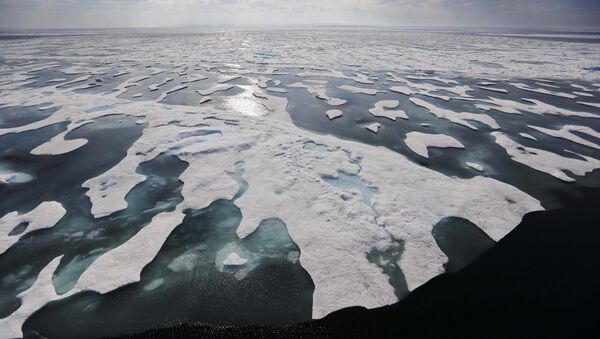According to a Tuesday press release on the report, “The year 2019 concludes a decade of exceptional global heat, retreating ice and record sea levels driven by greenhouse gases from human activities.”
In addition, the global average temperature this year between January and October was around 1.1 degrees Celsius higher than in pre-industrial times.
The concentration of carbon dioxide in the atmosphere reached a record high in 2018 of 407.8 parts per million and increased further in 2019. The press release also notes how sea levels have continued to rise since satellite measurements began collecting data on sea levels in 1993. Melting ice sheets in Greenland and Antarctica, specifically, have greatly contributed to the accelerating sea level rise. Sea water is also 26% more acidic than at the beginning of the industrial age, as the ocean absorbs heat and carbon dioxide, and marine heatwaves have become more prevalent. Marine heatwaves, defined as periods of extremely warm sea surface temperatures, can lead to the rapid death of coral reefs and affect ocean ecosystems.
“If we do not take urgent climate action now, then we are heading for a temperature increase of more than 3 degrees Celsius by the end of the century, with ever more harmful impacts on human wellbeing,” WMO Secretary-General Petteri Taalas is quoted as saying in the press release. “We are nowhere near on track to meet the Paris Agreement target.”
“On a day-to-day basis, the impacts of climate change play out through extreme and ‘abnormal’ weather. And, once again in 2019, weather and climate related risks hit hard. Heatwaves and floods which used to be ‘once in a century’ events are becoming more regular occurrences. Countries ranging from the Bahamas to Japan to Mozambique suffered the effect of devastating tropical cyclones. Wildfires swept through the Arctic and Australia,” Taalas added.
The press release also warns that extreme heat conditions are greatly impacting human health. In 2018, “a record 220 million more heatwave exposures by vulnerable persons over the age of 65 occurred, compared with the average for the baseline of 1986-2005.”
A study published last month by an international team of scientists in the Proceedings of the National Academy of Sciences (PNAS) found that even if the countries that are part of the Paris Agreement hit their 2030 emissions targets, sea levels could still rise by about 3 feet by the year 2300.
The scientists fed emissions data to a sea-level emulator, which predicted the sea level rise. The researchers’ model also factored in other variables such as thermal expansion, ice sheet and glacier melting and land-water storage. The study further found that 25% of the rise in sea levels by 2030 will be caused by emissions from five territories in the preceding 40 years, namely India, Russia, China, the US and European Union.



